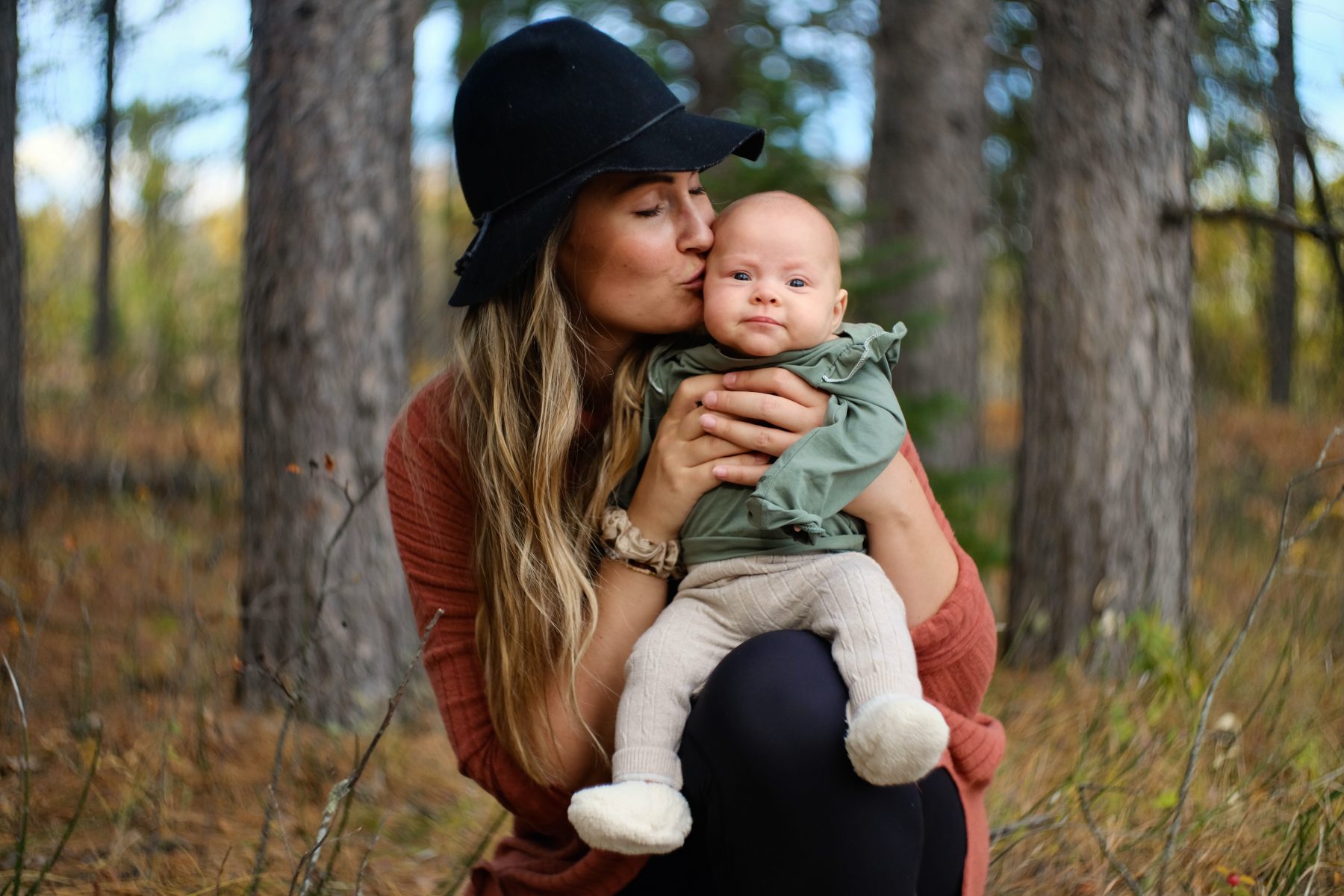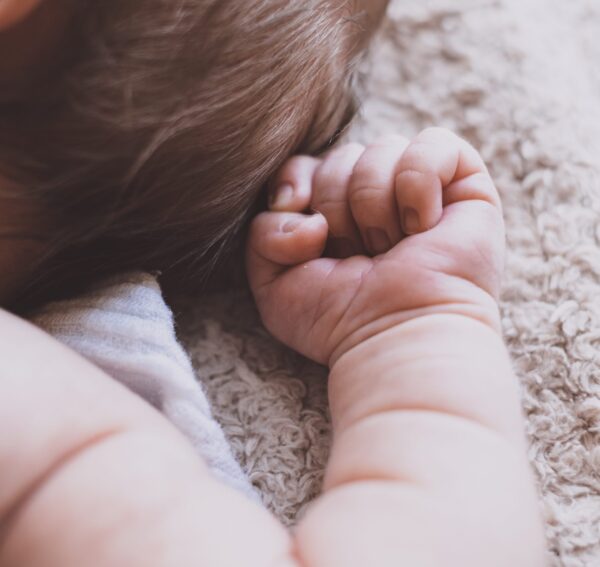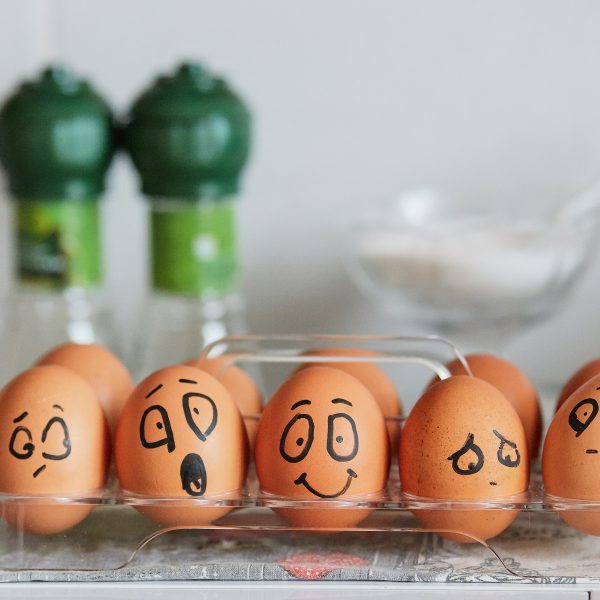A hug from a caring adult is the best medicine for children, researchers find

From as young as four months of age, hugs from parents and familiar caring adults “makes all the difference”, researchers from Japan’s Toho University have found.
The study examined the heart rate responses in infants under one year of age while they were being hugged by a caregiver, finding that children as young as four months of age had slower heart rates (with elevated heart rate being a sign of stress) when compared with being held by a stranger.
Researchers say that the study offers some of the first evidence that hugs play an important role in early bonding between parents and other caring adults and their children.
“Like most parents, we love to hug our children,” said first author Sachine Yoshida. “We also know that children love to be hugged by their parents. But what surprised us as scientists is how little we know about hugging.”
One question which prompted the researchers to look more deeply into the science of hugging was whether a hug was really calming or whether any increase in pressure – for instance, from being held – could be soothing.
To begin to explore this in the new study, researchers examined heart rate responses in infants less than one year during a hold, a hug, and a tight hug. They also looked at what happens when a female stranger did the hugging instead.
“The infants older than four months showed a higher increase ratio of heartbeat intervals during hugging by their parents than by female strangers,” Yoshida said. “Parents also showed a high increase ratio of heartbeats intervals by hugging their infants. We found that both infants and parents come to relax by hugging.”
Both parents and infants showed an increase during a hug in what’s known as the R-R interval (RRI) on an electrocardiogram. The R-R interval is the time between a particular waveform that measures electrical activity of the heart. The increased time indicates a slowed heart rate.
Infants younger than four months didn’t show the same RRI increase during a hug, the researchers reported. But those young infants did show a slowed heart rate when a parent’s hand put pressure on his or her back while being held, suggesting that they didn’t make the same distinction as older infants between being held and being hugged.
When they began their experiment, the researchers expected that a hug would lead to obvious changes in an infant’s behavior, turning a fussy mood into a good one, perhaps, but were surprised that the calming effects of a hug that they observed only could be detected on infants who were neither crying nor fussy.
This led researchers to believe that the experimental data indicating the relaxing effect of a parent-infant hug had been a missing piece for a while, even though there was much situational evidence.
Although infants are preverbal, researchers said, their work clearly demonstrates that they recognise and feel reassured by their hugging, after four months old at latest.
“We hope that knowing how your baby feels while being hugged helps ease the physical and psychological workload of taking care of infants too young to speak,” they said in closing.
To read the research in full, see here.
Popular

Workforce
Policy
Quality
Practice
Provider
Research
ECEC must change now, our children can’t wait for another inquiry
2025-07-02 07:47:14
by Fiona Alston

Workforce
Practice
Provider
Quality
Research
Supporting successful transitions: Big moves, big feelings
2025-06-26 11:00:30
by Fiona Alston

Practice
Quality
Research
When joyful autonomy matters so much more than curriculum outcomes
2025-06-25 09:30:36
by Contributed Content













